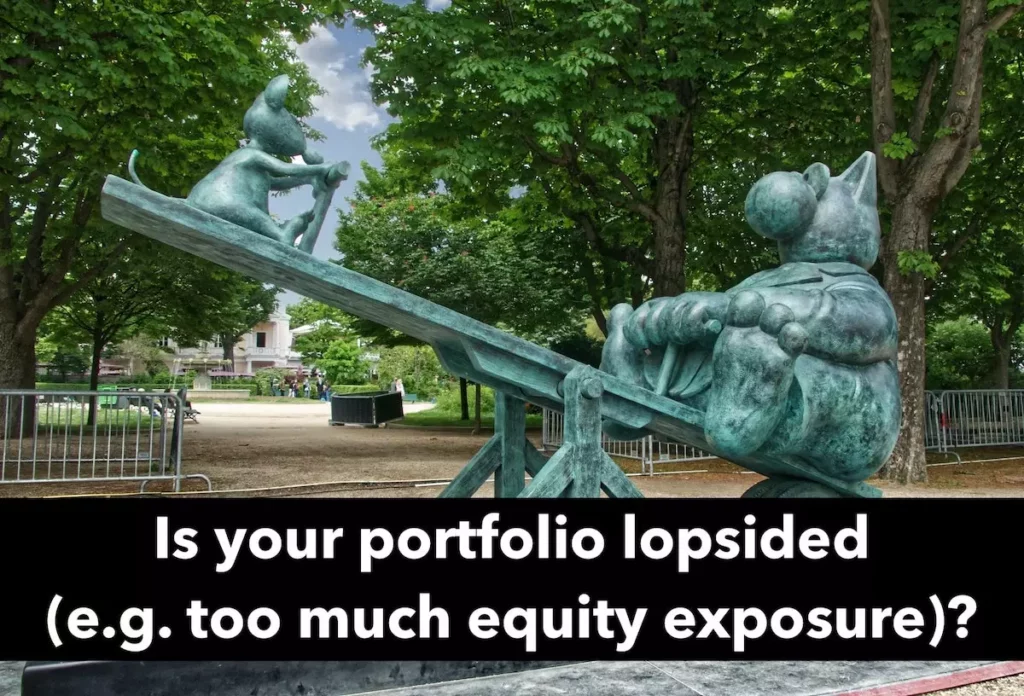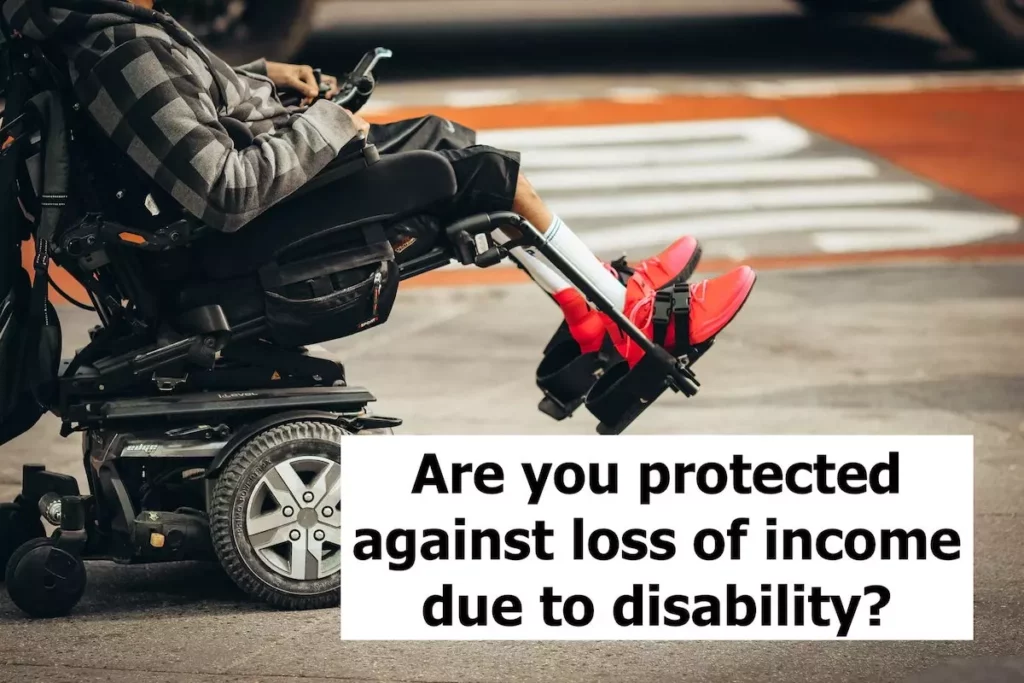Happy New Year to one and all! May all your dreams be fulfilled in 2023!
But a memorable quote goes, ‘Life’s not about expecting, hoping and wishing, it’s about doing, being and becoming.’ We can look forward to a fresh beginning and wish for a bright future all we want, but without a concrete plan to bring success into our lives, we are not likely to achieve anything.
When it comes to personal finance management, an important action to take is to assess our financial health as we usher in a new year. By doing so, we can:
- check if our overall financial plan is on track,
- make adjustments where necessary, and
- do some strategic planning for the year ahead.
I’m a planner by nature, so this is something I do automatically. No worries if you’re not sure what you’re supposed to do.
Here’s a financial health checklist for your reference:
- Have You Been Keeping Within Your Budget?
- Do You Anticipate Any Big-Ticket Purchases?
- Do You Have Debts to Pay Off?
- Is Your Mortgage Meeting Your Needs?
- Do You Need to Rebalance Your Investment Portfolio?
- Do You Have Enough Insurance Coverage?
- Do You Want to Top Up Your CPF?
1. Have You Been Keeping Within Your Budget?
Budgeting helps you keep track of where your money goes each month. It sets you up for long-term financial success as it encourages savings and prevents overspending.
You should develop the habit of reviewing your budget at least once a year as some fine-tuning may be required. For example, certain ongoing expenses such as groceries and utilities may have gone up over time, so you have to either increase your budget or cut back somewhere else.
Your budget may need some fine-tuning every year.
Evaluating your budget annually also reminds you to be more mindful of your spending on discretionary items. Perhaps you have the tendency to overspend while on vacation. If so, is there a way to regulate your spending the next time you travel? Each time you work on improving your budget, you are also polishing up your money management skills.
2. Do You Anticipate Any Big-Ticket Purchases?
Are you thinking of making a major purchase or doing something out of the ordinary in the next one year or so? It could be a new car, an extended holiday or even an aesthetic procedure. It’s always a good idea to plan ahead and set aside money for big-ticket items. If you have limited funds, you will have to prioritise and spread out your purchases.
Remember: excessive borrowing can lead to severe financial stress not just on yourself but also on your family, so do not get a loan unless you can comfortably manage the monthly repayments. You may also be tempted to draw from your emergency fund. Don’t. That’s strictly for unexpected expenses, e.g. your central heating system breaking down in the middle of winter.

3. Do You Have Debts to Pay Off?
Before you even think about buying a big-ticket item, you may want to take a close look at your debts first. Do you have existing credit card debts? Credit card interest rates are exorbitant (at least 25% per annum in Singapore). If you do not pay your bills in full and on time, the amount can quickly snowball into a much larger sum. Therefore, reducing or paying off your credit card debts should be your top priority.
You may have other consumer debts, e.g. a renovation loan, that you wish to pay off. Make a list of every debt you have, stating the amount you owe for each item, the interest rates and the terms. Once you have all the details in front of you, you can come up with a plan to lower or clear the debts. To get things moving, you can target your smallest debt first, then move on to the bigger ones.
4. Is Your Mortgage Meeting Your Needs?
The largest expense for most families is housing. If you are a homeowner, you probably took out a mortgage to buy your house. It is recommended that you review your home loan periodically to ensure that it is meeting your needs.
When interest rates drop, you may have the opportunity to refinance to shorten the term of your mortgage and pay significantly less in interest. Depending on the interest rates and how long you plan to hold your property, switching from a floating-rate mortgage to a fixed-rate one or the other way around, could possibly save you money too.
If you are a property investor, you should also review your investment property loans, if any.

5. Do You Need to Rebalance Your Investment Portfolio?
Mr Wow and I use the Retirement Bucket Strategy and split our portfolio into three pools — each with a different time frame, risk profile and asset mix. However, market fluctuations can cause our asset allocation to shift, so we make it a point to review our portfolio regularly and rebalance when our allocation is off target by 5 percentage points or more.
Review your portfolio regularly. Market fluctuations can cause your asset allocation to shift.
You too should look at rebalancing your portfolio at least once a year to ensure that your asset allocation matches your circumstances, goals, risk tolerance and time horizon. This can be done by selling high-performing investments and redirecting the returns or injecting more funds (if available) into asset classes that require a boost.

6. Do You Have Enough Insurance Coverage?
You need life insurance if you want to ensure financial security for your dependents in the unfortunate event of your demise. You need health insurance to cover the costs of medical care, including hospitalisation, treatments and surgical procedures. You need disability insurance so that you will have financial support should you become severely disabled.
There’s much to think about before committing to an insurance policy. For instance, you need to consider the quality of healthcare and the level of income protection when deciding on the amount of health insurance to buy. Not only that, health insurance premiums increase with age, so it’s imperative that you take a long-term view and make sure that you have the means to pay them even after retirement. Needless to say, if you stop paying your premium, your policy will lapse.

7. Do You Want to Top Up Your CPF?
Australia has Superannuation. The United States has 401k. Here in Singapore, we have the Central Provident Fund (CPF).
Topping up your CPF is a good strategy for retirement planning. Besides higher monthly payouts from the age of 65 thanks to the power of compound interest, you can also enjoy tax relief at the same time: up to S$8,000 per year if you make a top-up to yourself and an additional S$8,000 if you make a top-up to your loved ones.
Nevertheless, do note that your money is locked in and you can only make a withdrawal at 55. Hence, you may want to think twice about voluntary contributions if cash flow and liquidity are important to you right now.
Mr Wow and I have yet to make a voluntary contribution as we value liquidity more and our investments have been able to generate more than decent returns. Having said that, we do think CPF LIFE is a good annuity scheme, so we do not rule out the possibility of pumping money into our retirement accounts down the road.
If you do not mind the illiquidity, topping up your CPF is a good strategy for retirement planning.
I hope this checklist will prompt you to carry out a strategic review of your overall financial plan and set you on the path to success.
Read my article 5 Things to Know if You Want to be Financially Successful for more tips to improve your financial well-being.
Learn how to insulate your portfolio and maximise returns in economic downturns. Read Investing During a Recession: What You Need to Know.

